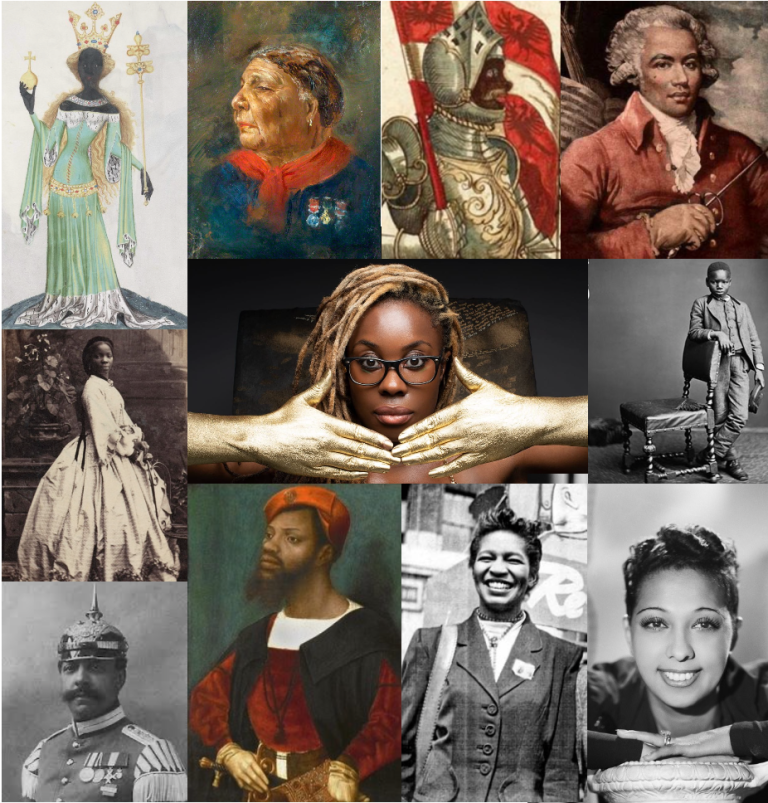Black Europe Workshop
13 March 2023, 2:00 pm–4:30 pm

Black Europe is a cross-disciplinary work-stream challenging the presumption of whiteness as the norm in the study of Europe. The European Institute is relaunching this work-stream with a workshop taking place Monday 13 March.
This event is free.
Event Information
Open to
- UCL staff | UCL students
Availability
- Yes
Cost
- Free
Organiser
-
Uta Staiger
Location
-
IAS Common Ground (Room G11)South WingGower StreetLondonWC1E 6BT
The European Institute is relaunching our Black Europe Workstream on Monday 13 March, 2pm – 4:30pm in the IAS Common Ground.
The workshop will comprise two paper presentations (abstracts below) plus discussion.
This will be followed by coffee/tea/pastries and a ‘sandpit’ session. The sandpit will invite researchers to share their ideas, interests, and current projects over 5-minute slots, with the aim to offer feedback, create connections with peers' research, and further discussion.
Abstracts:
Performing Blackness for Germans: African-American Entertainers and the Politics of Race before the Jazz Age
Dr Jeff Bowersox (SELCS)
This paper traces a relatively unknown circulation of African-American performers who, roughly from the 1870s to 1914, became a regular feature on popular stages across the German lands and more widely across Europe. As they travelled around Europe, these performers offered the widest range of entertainment forms—choral singing and society dance, instrumental virtuosity and broad comedy, historical sketches and contemporary parody—and they helped spark a craze for ragtime music and dances like the cakewalk. Less appreciated is the extent to which they also sparked and contributed to conversations about the intersections between race, nation, and culture. They forced audiences to confront the paradoxes and politics of racialized constructs, even if they did so with a laugh or a clever turn. In the process, these performers provoked a range of responses that help us see how Germans and Austrians grappled with the tensions of modernity through the frame of Blackness. They also laid the material foundations that allowed African-American entertainers to tour Europe and profoundly shape the continent’s popular culture over the twentieth century.
The 'ideas' of Africa: Four stories
Bea Gassmann de Sousa (History of Art)
Four stories on ideas of “Africa” (Mudimbe): The Senegalese Paris based exotic dancer Féral Benga was involved in a homosexual mutual friendship and speculatively relationship with the closeted British anthropologist Geoffrey Gorer. He travelled with him to the continent and participated in the research and documentation of “Africa Dances”, published in 1935, which strongly influenced Ben Enwonwu’s Negritude paintings. Entanglements and distancing nuances also play a role in artist Kofi Antubam’s state visit as “Nkrumah’s lieutenant” in West Germany in 1961, where his nationalist Ghanaian narrative encounters the Jewish –German children’s book author and artistic patron Herbert Kaufmann’s imagination of “Africa”.
This event is open to UCL Staff, Phd and MA/MSc students only. Please get in touch with Olivia (olivia.scher.22@ucl.ac.uk) if you would like to attend.
 Close
Close

